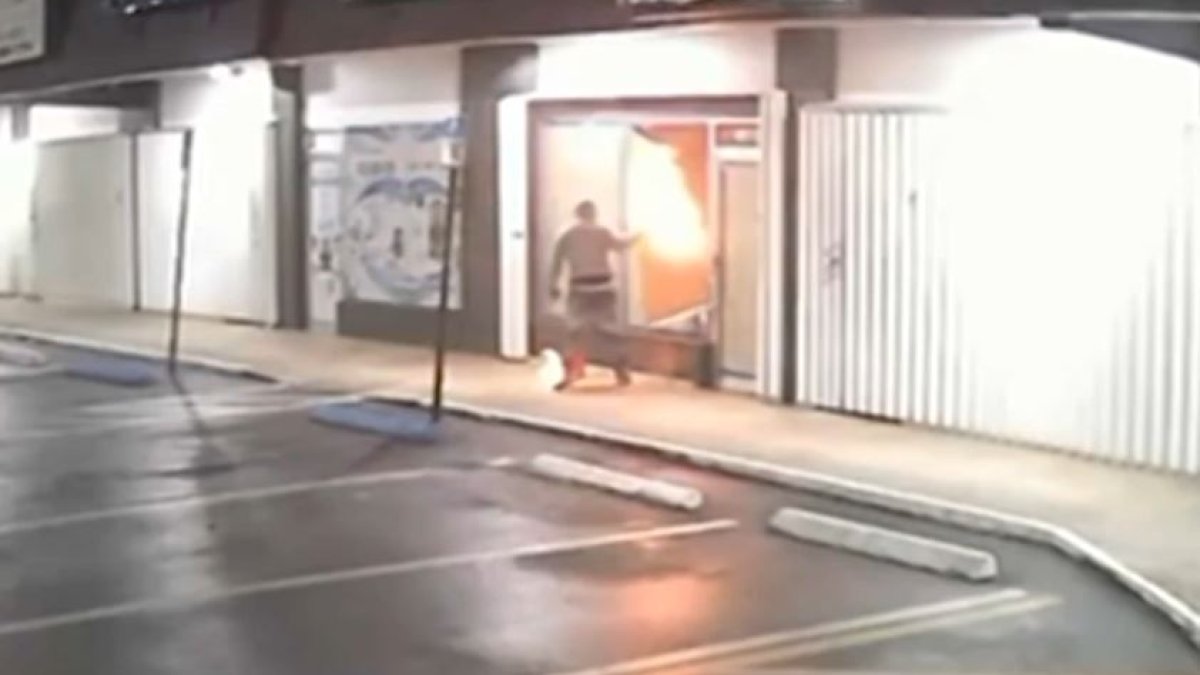South Florida has been known for years as the recovery capital of the country but it has been a community plagued with corruption and abuse. A recent crackdown on the industry has led to a handful of sober homes getting shut down and dozens of people arrested. But the new oversight brings a whole new set of problems.
The crackdown’s making it more difficult for addicts to get the legitimate help they need. Plus, other states are trying to lure patients from South Florida.
Getting Paid for Treatment
Addicts have been known to move between treatment centers multiple times, sometimes for money.
Isaac, 23, says he’s been to more than two dozen treatment centers across the country before settling in South Florida. He says he’s now been sober seven months. His addiction: cocaine and heroin.
“I’ve been to 25 different treatment centers and I finally got it right this time,” said Isaac.
He tells NBC 6 he’s been paid three times to go to inpatient drug treatment centers in California for his addiction. He believes those payments are an incentive to relapse.
Local
“At the most, I’ve been paid 2,500 dollars,” he said.
Isaac says patient brokers linger outside of treatment centers and Alcoholics Anonymous meetings trying to persuade people like him to move to a different facility to get the insurance money.
“I finally realized I can’t keep relying on people and getting paid to go to treatment centers because it’s just keeping me in the same cycle of getting high,” said Isaac.
Rehabbing Rehab in South Florida
After paramedics were called to so many overdose deaths in South Florida over the past few years, a Sober Homes Task Force was created to look at ways to reform the system and put better safeguards in place.
In 2017, lawmakers passed a new law strengthening restrictions on patient brokering and deceptive marketing practices for rehab centers.
“It’s not as prominent in the state of Florida, it’s being cleaned up,” said Isaac.
Now, other states like California are recruiting patients in South Florida. They don’t have the same laws in place, which has created a new problem with it comes to patients trying to get reimbursed for legitimate drug treatment.
Battling Insurance Companies
“Insurance has certainly been a big uphill battle,” said Dr. Dawn Silver, of Comprehensive Wellness Centers.
Dr. Silver said the insurance companies typically reject about half of the claims for patients.
“It’s certainly serving a disservice to the client and the community for legitimate facilities like ours as whole to have that be the predicament we’re all in,” she said.
Before, she says many doctors fought to get 28 days of inpatient addiction treatment covered by insurance.
“I’m begging for two days right now with insurance companies,” said Dr. Silver.
Therapist Rachel Simpson-Marquez Trying says trying to get insurance claims processed put her practice out of business last month.
“They had been abused, so the fight was on,” said Simpson-Marquez about insurance companies.
She shut down her treatment center in Oakland Park that was geared towards the LGBTQ community. It’s a center she opened after losing her own brother to addiction.
“We were chasing money morning noon and night,” said Simpson-Marquez. “They just sat and denied everything over and over and over again.”
She’s now working on opening a smaller private practice in Broward County geared toward keeping sober patients clean.
Doctors Push for Change Nationwide
Most of the doctors and therapists in South Florida agree the new laws and scrutiny are better for the industry as a whole, but also say it’s making it difficult for legitimate patients to get the help they need.
“We want to streamline the entire industry, not just Florida but nationally,” said Dr. Silver.
As for Isaac, he finally found the help he needed at a center in Florida.
He’s been sober for more than seven months, got a job and a place to live.
He’s now working on removing the tattoos he got while he was addicted.
“People look at me with disgust or fear and honestly it bothers me,” he said.
He wants the outside of his body to match how he’s feeling on the inside.



